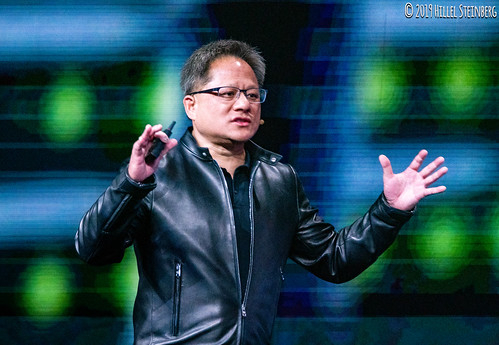Chinese artificial intelligence models being nurtured through the backing of Chinese companies are "world class," according to Nvidia CEO Jensen Huang, speaking during the China International Supply Chain Expo in Beijing. His praise comes just a day after Nvidia announced it will be restarting suspended H20 AI chip sales in China, as US export controls were disposed of.

Huang addressed the pattern of openness in the models during the opening ceremony for the conference: "Models like DeepSeek, Alibaba, Tencent, MiniMax, and Baidu's Ernie Bot are all world-class, open-source, developed here, and shared." They've been key in driving AI innovation worldwide."
Huang's remarks are particularly sensitive, as Nvidia treads through complex U.S.-China tech relations while also actively growing its business in China.
Open-source AI from China also got a mention. Huang said the country's strategy is opening AI tools to more industries and nations. "China's open-source AI is a steppingstone for the rest of the world," he said, comparing the openness with more closed systems employed by some Western companies.
A critical AI hardware supplier worldwide, Nvidia regards China as a vital hub. More than 1.5 million Chinese developers currently use Nvidia platforms, Huang added. The company's chips also work on popular Chinese apps such as WeChat, Taobao, Douyin, and Meituan.
Huang also said that H20 chip sales to China will be restarted soon. "I have been promised that the licenses are going to come very fast. There are quite a number of order books already in," he said on the sidelines of the event.
The suspension of chip sales, which began in April, followed the recent tightening of U.S. export controls designed to manage the transfer of advanced technology. But trade talks have been prompted to make some of the restrictions a little more lax. U.S. Commerce Secretary Howard Lutnick said the resumed flow of chips is part of broader conversations, which are also taking place on rare earth materials.
It will be Huang's third trip to China in 2025, highlighting the significance of the country for Nvidia, despite geopolitical headwinds.









